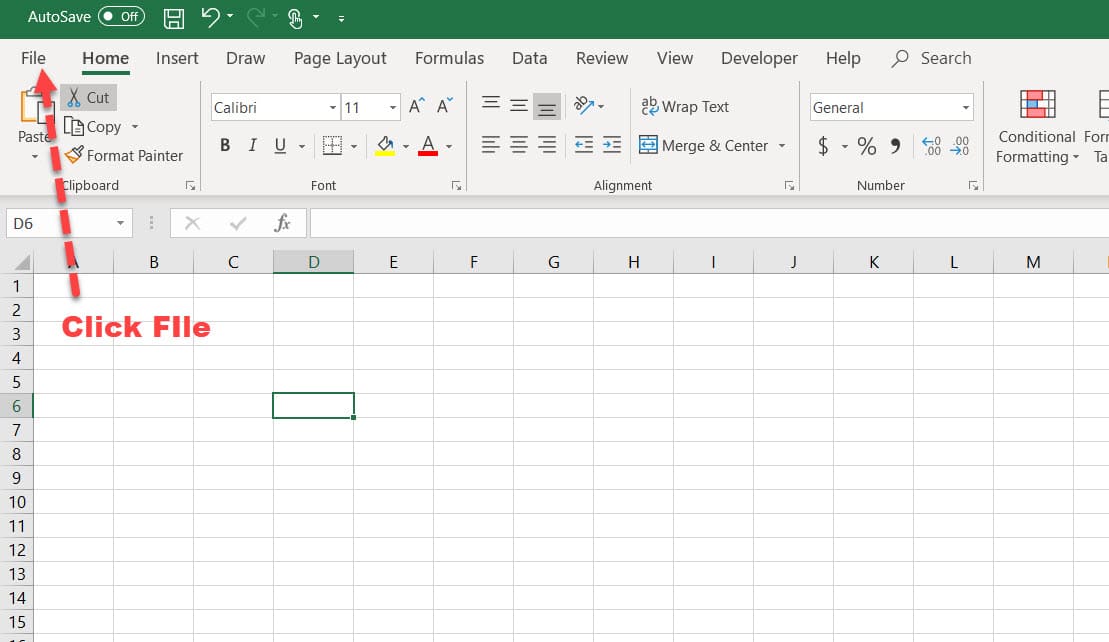Password Protecting a Single Excel Sheet: Is It Possible?

Many of us have encountered scenarios where sharing an Excel workbook is necessary, but some sheets contain sensitive information that we wish to keep private. The question arises: "Can we password-protect individual sheets within an Excel file, or do we have to resort to safeguarding the entire document?"
Understanding Excel’s Security Features


Before diving into the methods of password-protecting an Excel sheet, let’s first understand what Excel provides in terms of security:
- File Level Security: Excel allows you to encrypt the entire workbook with a password, making it inaccessible without the password.
- Sheet Level Security: While not as robust, Excel provides options to protect sheets individually, though this isn’t true password protection.
Password Protecting an Entire Workbook

To secure your entire workbook, follow these steps:
- Go to File > Info > Protect Workbook.
- Click on Encrypt with Password and enter your desired password.
- Save and close the workbook. You will now need the password to open it.
Protecting an Individual Sheet

Here’s how you can safeguard a single sheet within a workbook:
- Select the sheet you want to protect by clicking its tab.
- Navigate to Review > Protect Sheet.
- Choose what users can modify, set a password if desired, and then click OK.
- Upon reopening, the sheet will prompt for the password to unlock or allow modifications.
🔑 Note: This method doesn't encrypt the sheet content; it merely restricts certain actions based on settings you choose.
Limitations and Workarounds

It’s essential to recognize that:
- Protecting a sheet with a password limits editing, but it isn’t true encryption.
- Advanced users might bypass these protections with VBA or recovery software.
Here are a few workarounds to consider:
| Method | Description |
|---|---|
| VBA Script | Create a macro to hide sensitive sheets upon opening. |
| Separate Workbooks | Store each sensitive sheet in a different workbook, encrypting these individually. |
| Third-Party Tools | Utilize software that offers sheet-level encryption. |

Security Best Practices

To enhance the security of your Excel files:
- Use strong, unique passwords and don’t share them unnecessarily.
- Regularly update the passwords and consider using password managers for security.
- Back up sensitive information securely; remember, passwords protect, but they don’t secure from deletion or alteration.
- If working with highly confidential data, consider more robust security solutions beyond Excel.
Wrapping Up

While Excel offers several security features to protect your workbook, it falls short when it comes to true password protection for individual sheets. By understanding the available options and limitations, you can choose the best approach for your needs. Whether it’s protecting the entire workbook, using sheet protection, or exploring workarounds, you can now make informed decisions to secure your data effectively.
Can I truly encrypt an individual Excel sheet?

+
No, Excel’s built-in features do not allow for true encryption of single sheets. You can only restrict access to editing using passwords.
What happens if I forget the password for a protected sheet?

+
Without the password, you are locked out of that functionality. VBA code or third-party tools might help, but there’s no guarantee.
Are there any risks associated with using VBA to hide sheets?

+
VBA scripts can pose security risks if not properly vetted. Users can disable macros, making your security ineffective. Always ensure your scripts come from trusted sources.



